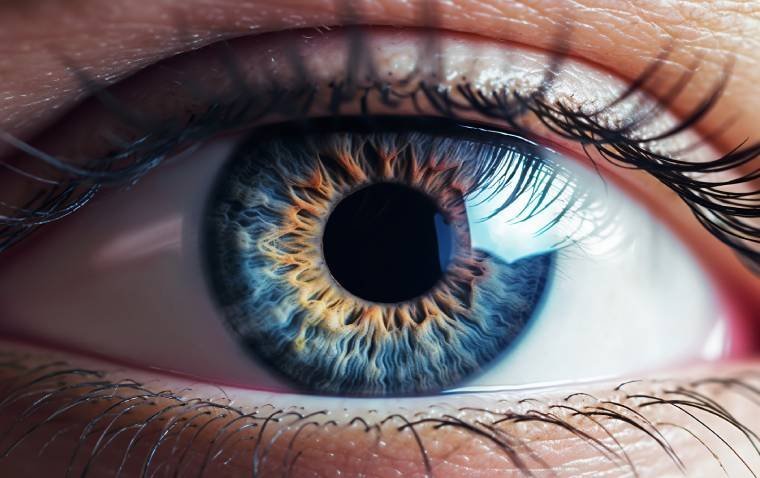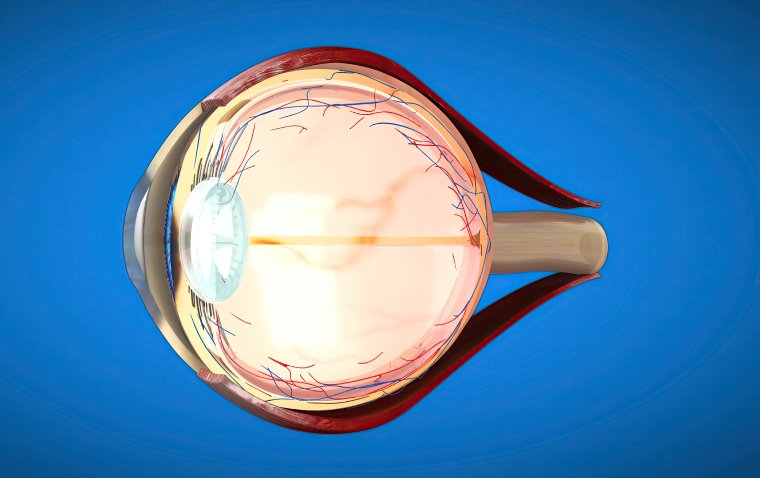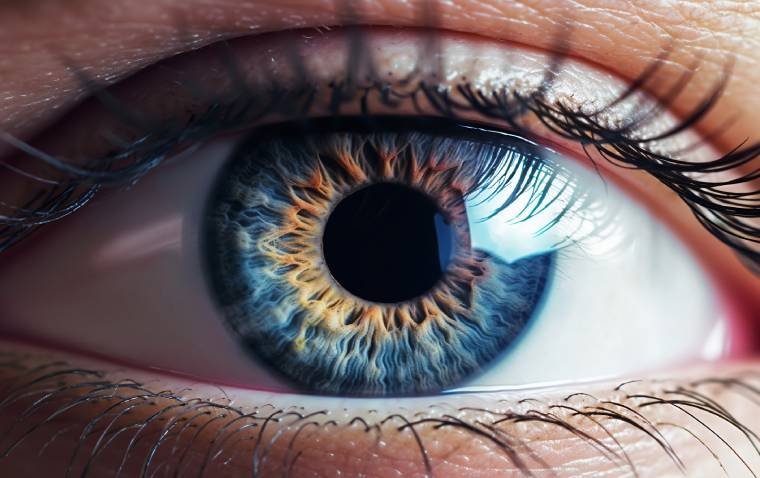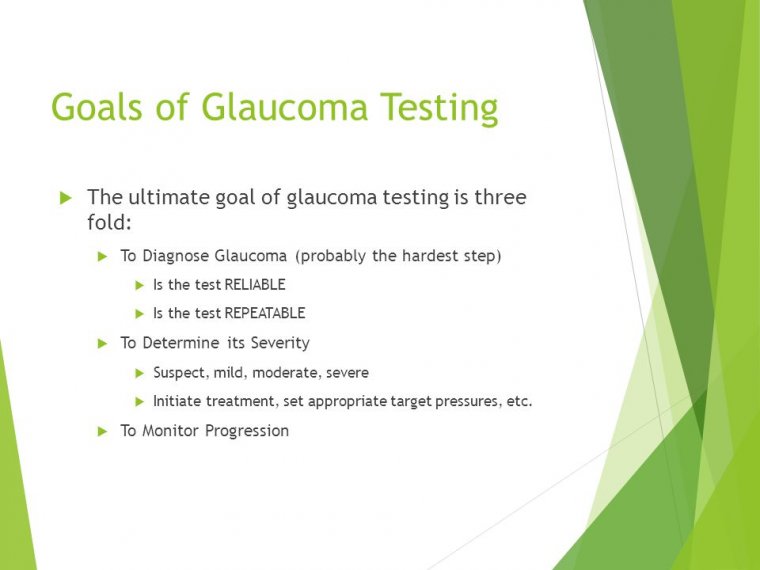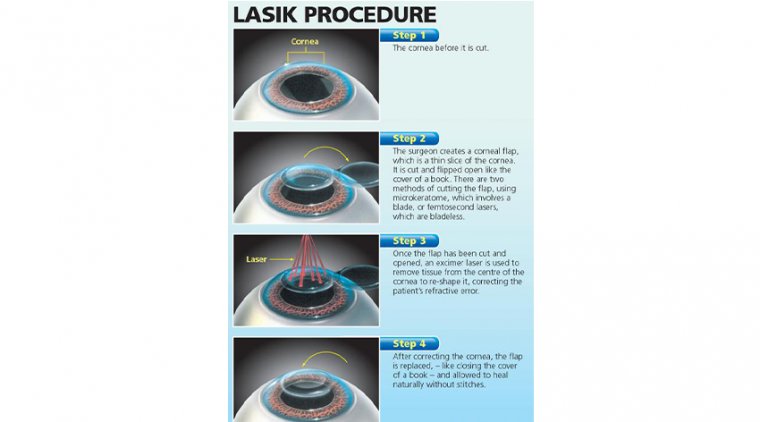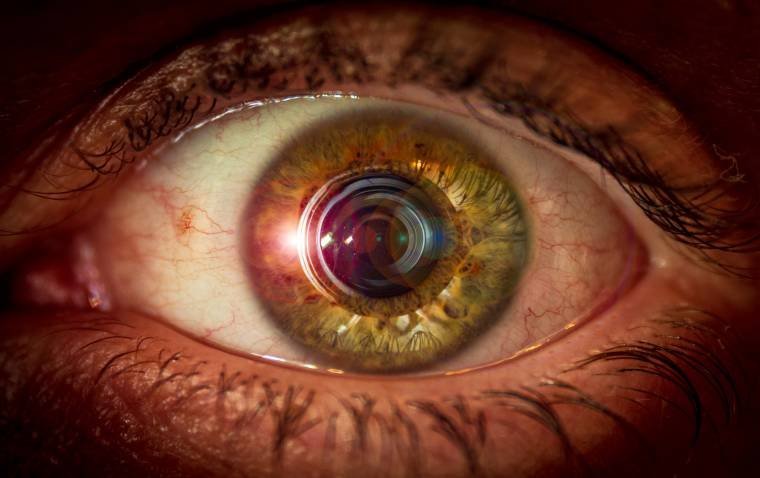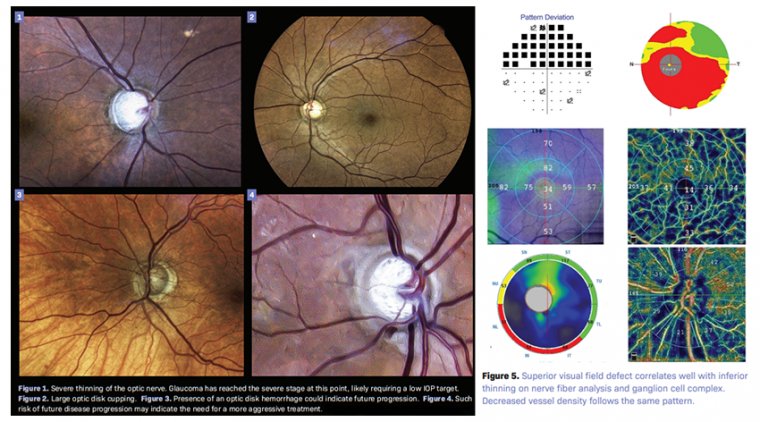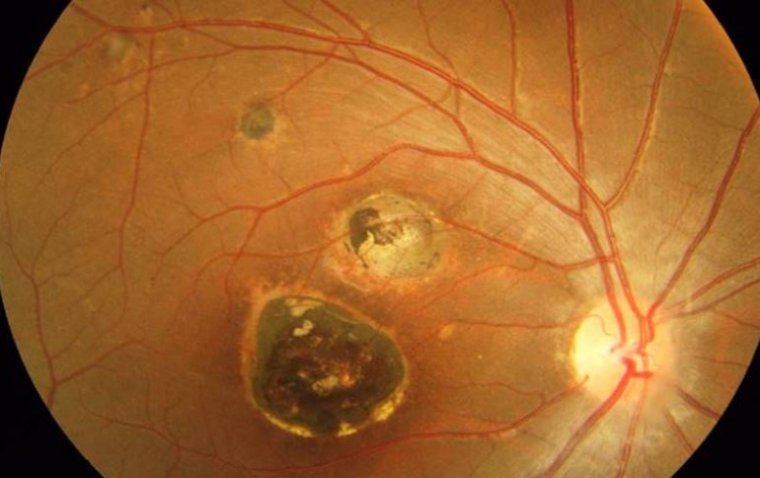
Melatonin Use Linked to Reduced Risk of Age-Related Macular Degeneration
A recent study published online in JAMA Ophthalmology suggests that melatonin use is associated with a decreased risk of both the development and progression of age-related macular degeneration (AMD).
Investigating the Association: A Retrospective Cohort Study
Hejin Jeong, from the Case Western Reserve University School of Medicine in Cleveland, led a team of researchers in a retrospective cohort study aimed at investigating the connection between melatonin supplementation and the risk for the development or progression of AMD.
The study focused on patients aged 50 years or older, dividing them into two groups: those with no history of AMD (AMD-naive group) and those with a history of nonexudative AMD (nonexudative AMD group). Using melatonin medication codes, patients were classified into either a melatonin group or a control group.
Promising Results
The findings revealed promising results. Among the 121,523 patients aged 50 years or older in the AMD-naive cohort and 116,675 in the control cohort (4,580 in each group after propensity score matching), melatonin use was linked to a reduced risk of developing AMD, with a risk ratio (RR) of 0.42.
Moreover, melatonin was associated with a decreased risk of AMD progression to exudative AMD (RR, 0.44) among 66,253 patients aged 50 years or older in the nonexudative AMD group and 61,903 controls (4,064 in each group after propensity score matching). Similar trends were observed among subsets of patients aged 60 years or older and 70 years or older.
Implications and Future Directions
In light of these findings, the authors emphasized the potential significance of melatonin in AMD management. They suggested that further confirmation of these results through future clinical trials and longitudinal studies could contribute to enhancing the current treatment options for AMD. It's worth noting that two authors disclosed their affiliations with the pharmaceutical and eye health care industries.
About AMD
Age-related macular degeneration (AMD) is a progressive eye condition that affects the macula, the central part of the retina responsible for sharp, central vision. It is the leading cause of vision loss among individuals aged 50 and older in developed countries. AMD can manifest in two forms: dry AMD, characterized by the gradual breakdown of light-sensitive cells in the macula, and wet AMD, marked by the growth of abnormal blood vessels beneath the macula, leading to leakage and scarring. Symptoms include blurred or distorted vision, difficulty reading or recognizing faces, and eventual central vision loss.
Reference
Hejin Jeong et al, Melatonin and Risk of Age-Related Macular Degeneration, JAMA Ophthalmology (2024). DOI: 10.1001/jamaophthalmol.2024.1822
(1).jpg)
